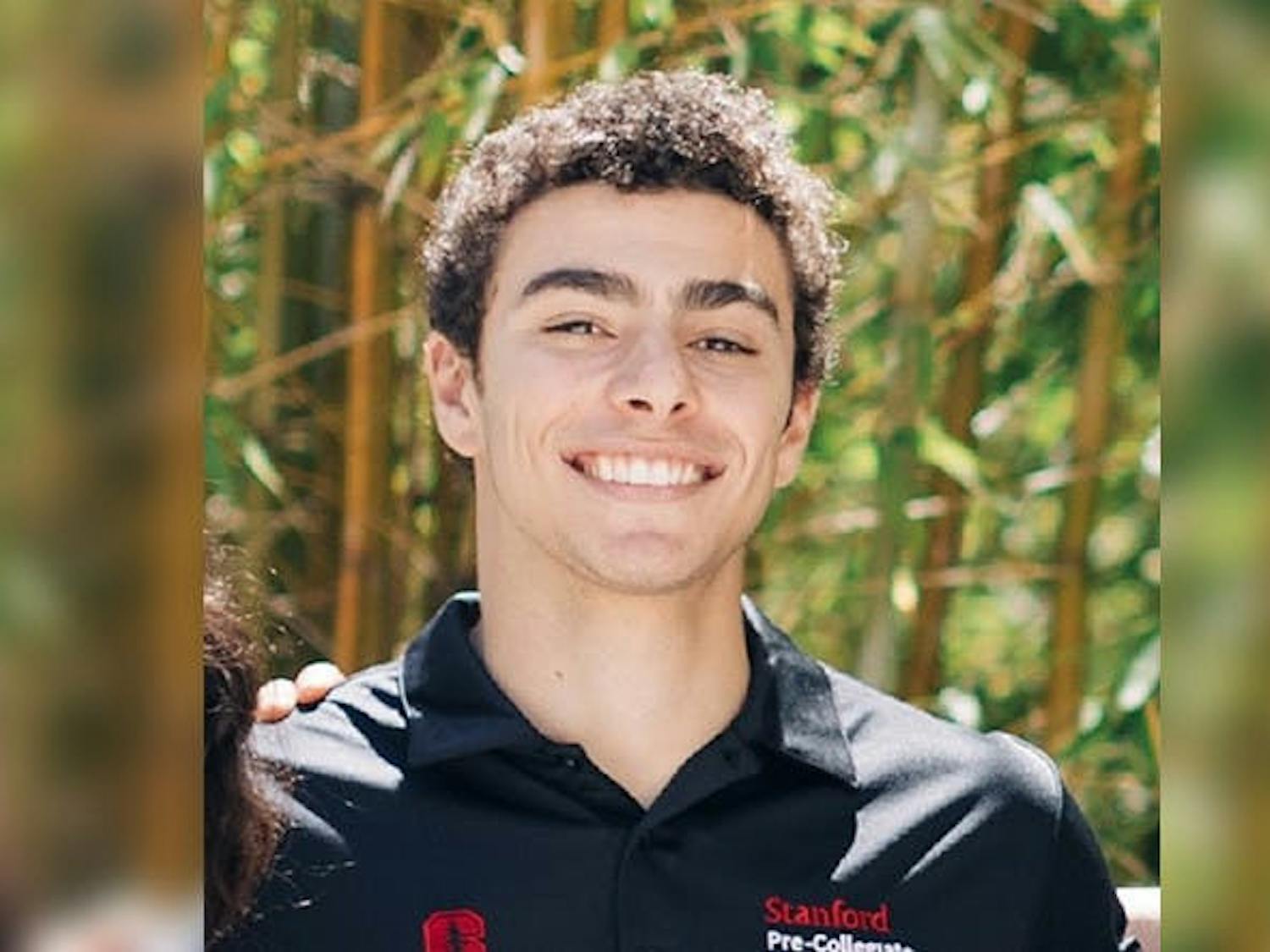A student organization is teaming up with the American Civil Liberties Union to overturn a federal law that denies financial aid to students with drug convictions.
Students for Sensible Drug Policy and the ACLU recently filed a class-action lawsuit against the U.S. Department of Education, saying that the law is unconstitutional.
According to the suit, the federal law illegally penalizes students twice for the same crime.
U.S. Secretary of Education Margaret Spellings is named as a defendant.
"The department supports Congress' efforts to decrease illegal drug use and protect the health and safety of our students," Department of Education spokeswoman Valerie Smith said. "We will carefully review their complaint."
Congress passed the law in an attempt to fight drug use, but opponents believe it has had the opposite effect.
"It's more likely that while they're not in college, they'll receive another drug conviction instead of becoming a productive member of society," said College sophomore Taylor Cashwell, who attempted to create an Students for Sensible Drug Policy chapter at Penn that never materialized.
Congress has since amended the law to include students who are already receiving aid when they are convicted.
Three students who lost financial aid due to misdemeanor drug convictions are already named as plaintiffs, though SSDP and the ACLU are seeking others.
The three will represent about 200,000 students with drug convictions who have lost financial aid since the first version of the law was enacted in 1998.
Though Cashwell said he isn't personally affected by the law, he became interested in the issue after a friend of his couldn't receive financial aid because of the statute.
SSDP Campaigns Director Tom Angell said that the law disproportionately leaves working class families, who often rely on financial aid to pay tuition, at a disadvantage.
SSDP has been lobbying Congress to change the law for the past eight years, but Angell said members of Congress were unresponsive to its efforts.
As the ACLU's Drug Law Reform Project's staff expanded, he said, more resources became available to take the issue to the courts.
"Murderers and rapists are eligible to receive financial aid, but a student caught with a single marijuana cigarette is denied," Angell said.








